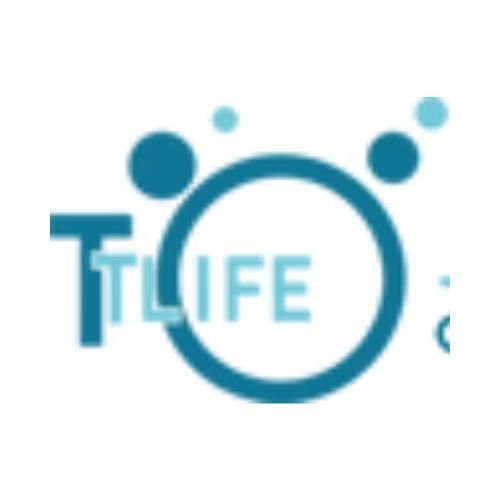Overview
HubSpot is a leading inbound marketing, sales, and customer service platform that helps businesses attract visitors, convert leads, and close customers. Founded in 2006 by Brian Halligan and Dharmesh Shah, HubSpot's headquarters are located in Cambridge, Massachusetts, USA. It operates in the SaaS (Software as a Service) space, providing an all-in-one CRM platform designed to align marketing, sales, and service teams.
HubSpot offers native mobile applications available for both iOS and Android devices, enabling users to manage contacts, track deals, and perform sales activities on the go.
The platform currently receives an estimated monthly site traffic ranging from 10 to 15 million visits. The top five countries generating the highest volumes of traffic and usage are the United States, United Kingdom, Canada, Australia, and Germany, reflecting its strong presence in English-speaking and European markets.
Pricing Policy
HubSpot provides a free tier with core CRM functionalities, including contact management, deal tracking, email marketing (limited), ticketing, forms, and live chat. This free tier is ideal for small businesses or those just starting out, and there is no time limit on usage.
Beyond the free options, HubSpot offers paid plans across its major hubs—Marketing Hub, Sales Hub, Service Hub, CMS Hub, and Operations Hub. Each hub has its own pricing scale based on features and contacts. HubSpot allows a free trial period for its Marketing Hub Starter and Sales Hub Starter plans, generally lasting 14 days, enabling users to explore premium features before purchasing.
Pricing starts at:
- Marketing Hub: Starter plan begins at $50/month (paid annually), which includes email marketing, landing pages, and ad management.
- Sales Hub: Starter plan starts at $50/month, featuring email tracking, meeting scheduling, and pipeline management.
- Service Hub: Starter begins at $50/month, offering ticketing and live chat support tools.
- CMS Hub: Starts at $25/month for website hosting with content personalization.
- Operations Hub: Starts at $50/month, focusing on data sync and automation.
HubSpot’s billing is typically monthly or annually with discounts for annual commitments. The cost scales based on additional contacts, users, and advanced features. There are no lifetime or one-time payment plans; rather, customers pay recurring subscription fees based primarily on usage volume.
Key Features of HubSpot
- Contact & Lead Management: Centralized CRM with detailed customer profiles and interaction histories.
- Marketing Automation: Email campaigns, workflows, segmentation, and behavioral targeting.
- Sales Enablement: Pipeline management, deal tracking, email sequencing, and sales analytics.
- Customer Service Tools: Ticketing system, knowledge base, live chat, and customer feedback surveys.
- Content Management System: Website hosting, blog management, and SEO optimization.
- Analytics and Reporting: Custom dashboards, attribution reports, and campaign performance metrics.
- Integrations: Connects with popular apps such as Gmail, Outlook, Salesforce, Zapier, and dozens more.
Benefits of Using HubSpot
- All-in-One Platform: Combines marketing, sales, and service capabilities in one place, improving team alignment and data consistency.
- User-Friendly Interface: Intuitive design reduces learning curve and accelerates onboarding.
- Scalable Solutions: Suitable for businesses of all sizes—from startups to enterprises—growing alongside customer needs.
- Comprehensive Free Tools: Allows businesses to get started without upfront investment.
- Strong Educational Resources: Offers HubSpot Academy for certifications and ongoing learning.
- Robust Support & Community: Access to customer support and a large community of users sharing best practices.
Applications of HubSpot
- Inbound Marketing: Attracting website visitors through SEO, content creation, and social media tools.
- Sales Management: Streamlining the sales process with tools for deal tracking, lead nurturing, and communication.
- Customer Support: Handling customer inquiries, tickets, and feedback via a unified help desk.
- CRM Management: Maintaining detailed records of customer interactions and automating repetitive tasks.
- Website Management: Creating, hosting, and optimizing websites and landing pages with built-in CMS tools.
- Analytics and Reporting: Monitoring marketing ROI, sales performance, and customer service metrics for informed decision-making.









 Quick Links
Quick Links